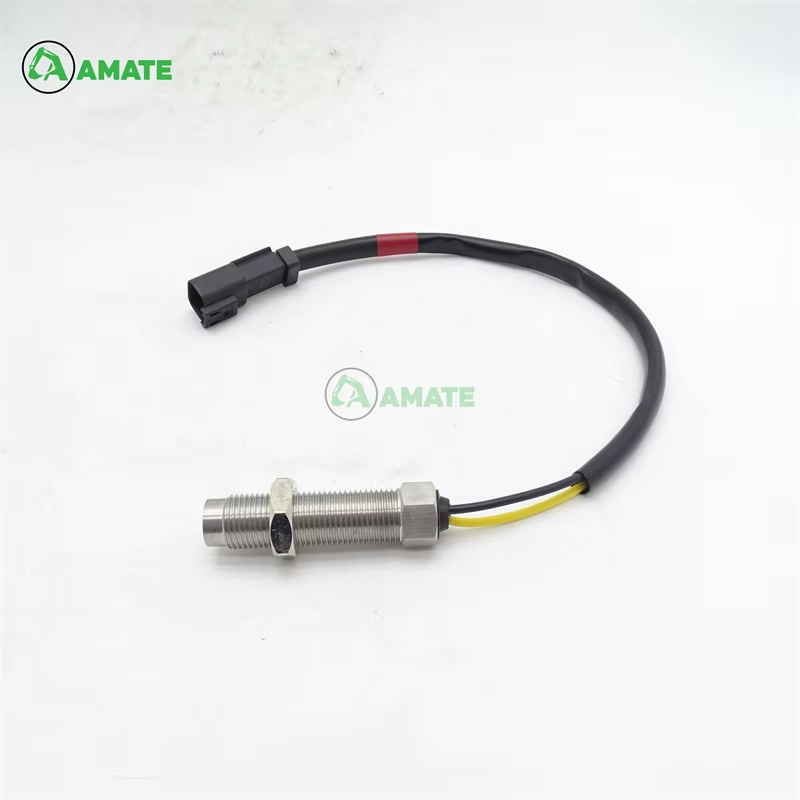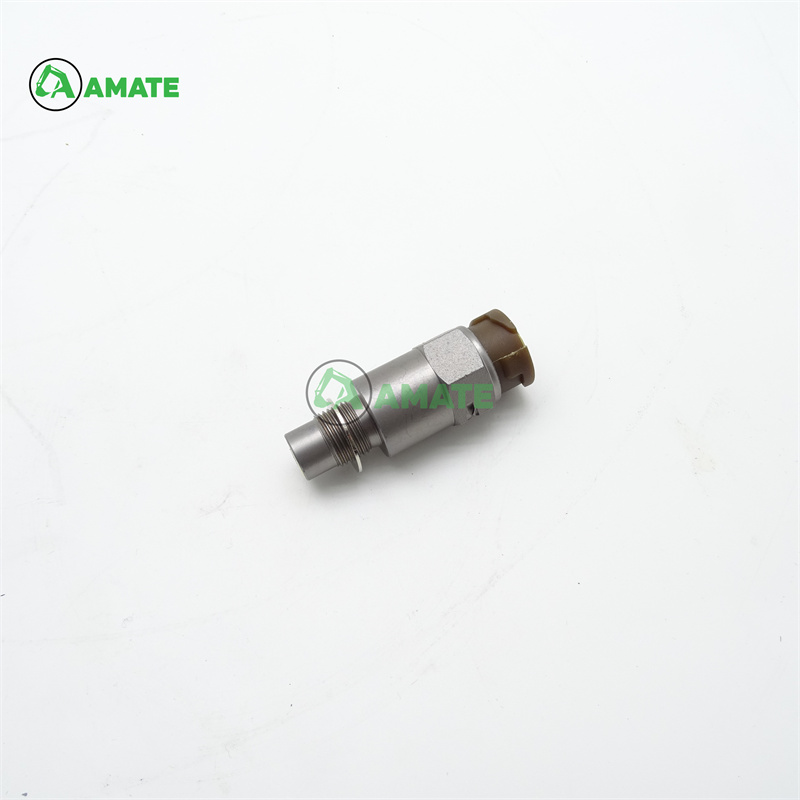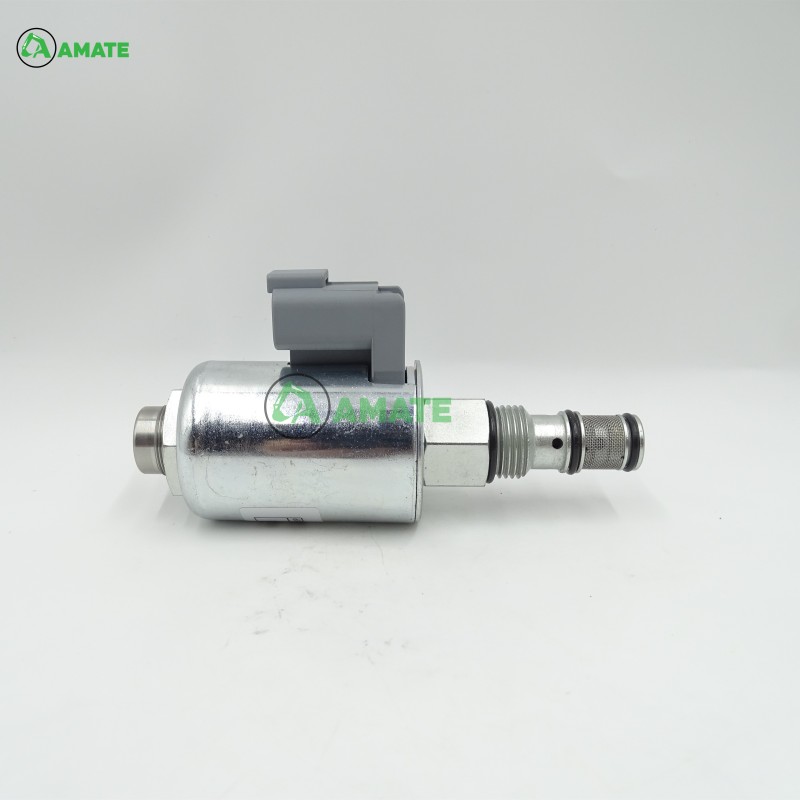Fuel Filter Industry: Challenges and Opportunities in Stable Demand Growth and Technological Upgrading
Fuel filters, as key components in internal combustion engine systems, primarily filter impurities and moisture from the fuel, ensuring stable engine operation and extending engine life. With the continued growth of global vehicle ownership and increasingly stringent emissions regulations, the fuel filter industry is experiencing the following characteristics:
Steady Market Demand Growth
Passenger cars and commercial vehicles are the core application areas for fuel filters. The rise in vehicle ownership in emerging markets is driving demand for fuel filters. Although the rapid development of new energy vehicles has squeezed the market for traditional fuel vehicles, after-sales replacement demand for existing fuel vehicles (on average, replacement every 20,000-30,000 kilometers) continues to support the industry’s scale. Furthermore, emissions upgrades for non-road machinery (such as construction equipment and agricultural machinery) are driving demand for high-performance filters.
A Clear Trend in Technological Upgrades
Environmental regulations (such as China VI and Euro VI standards) require filters with higher filtration efficiency (particulate matter rejection exceeding 95%) and longer service life. The application of composite filter paper and nanofiber technology is improving product performance, while lightweight design is a key research and development focus. The increasing popularity of electronic fuel injection systems is also driving the development of filters with higher pressure resistance.
Competitive Landscape and Challenges
Industry competition presents a multi-tiered landscape, with leading companies focusing on the high-end market, while small and medium-sized manufacturers compete for after-sales channels on price. Fluctuations in raw material prices (such as filter paper and resin) impact profits, while insufficient consumer awareness may lead to a market flooded with low-priced, low-quality products. With the gradual phase-out of gasoline-powered vehicles, the industry may face pressure to transform, and some companies have begun developing new filtration products related to new energy vehicles.
Overall, the fuel filter industry remains resilient in the short term, but will face the dual challenges of technological advancement and market restructuring in the medium and long term.









